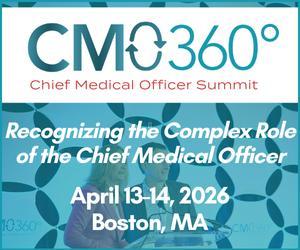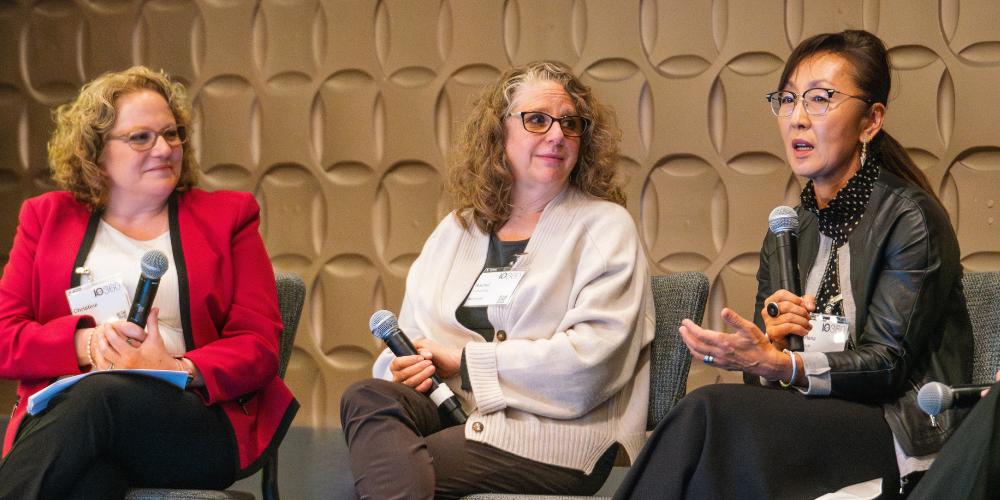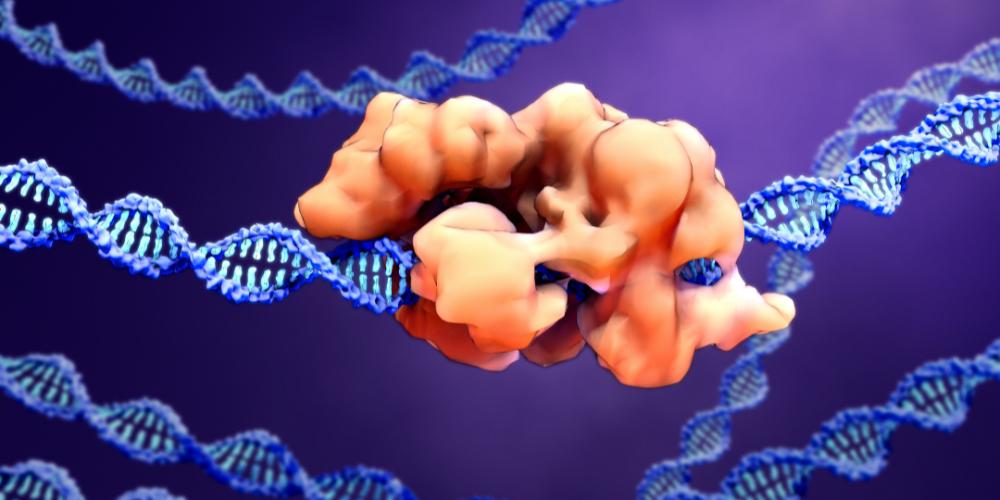
How are you advancing IO options for patients?
We are trying to deepen our understanding of the biology of cancer – what specific tumor antigens drive the disease or could be markers that we can target. One such asset in our pipeline, zolbetuximab, in combination with chemotherapy has demonstrated significant clinical benefit in Phase III trials in gastric and gastroesophageal cancer, compared to placebo in combination with chemotherapy.
We are building on the knowledge from these studies to develop additional tumor antigen-targeted therapies, using immune engagers and immune antibody drug conjugates that will enable us to bring therapeutic options for many more patients, particularly those with gastrointestinal cancers.
"The goal is treating more cancers in more patients with alternate approaches to autologous CAR-T therapies."
What work are you leading at Astellas?
I lead the development of IO and cancer cell therapy assets from candidate nomination through the lifecycle of the program. My multi-disciplinary team includes our asset leaders as well as our medical leaders. We continue to build our capabilities and the critical mass of talent required to develop our broad pipeline of small molecules targeting novel immune signaling pathways, tumor antigen-targeted antibodies, immune cell engagers, immune drug-conjugates and cancer cell therapies.
At Astellas, our Primary Focus Area strategy guides our R&D activities to build a sustainable, expandable drug discovery approach centered on five areas where we believe we have the expertise and capabilities to deliver significant and meaningful value for patients, including Immuno-oncology, Blindness and Regeneration, Genetic Regulation, Mitochondria, and Targeted Protein Degradation.
Via this approach, we are building our Immuno-oncology pipeline in an intentional, science-driven manner to evaluate novel targets and think holistically about the target in the context of the disease biology and versatile platforms/modalities that can be used to develop therapeutics. We are building a critical mass of knowledge in these modalities and in solid tumor biology in particular so that as we identify targets, we can choose the right modalities to utilize for specific targets in order to develop differentiated therapeutics in areas of unmet need.
What’s the ultimate goal with your approach to cell therapy?
Our work in the cancer cell therapy space, including allogeneic approaches, encompasses multiple modalities and, if successful, we will be able to bring efficacious therapies with improved tolerability and ease of use. The goal is treating more cancers in more patients with alternate approaches to autologous CAR-T therapies.
Although autologous CAR T therapies have been very effective, challenges remain, including tolerability, understanding how to drive efficacy in solid tumors, manufacturing at scale and timely availability for patients across geographies.
"We are building a critical mass of knowledge in these modalities and in solid tumor biology in particular so that as we identify targets, we can choose the right modalities to utilize for specific targets in order to develop differentiated therapeutics in areas of unmet need."
What is next as we look to expand success beyond checkpoint inhibitors?
We are working to develop alternatives by evaluating signaling pathways that function in parallel and/or synergistically with the PD-1/PD-L1 pathway. We hope to further the understanding of these pathways, utilizing them to develop therapeutics for patients who are not currently eligible or who do not respond well to anti-PD-1/PD-L1 antibodies.
What are the areas you’re keeping an eye on in 2024?
Two areas I am particularly looking forward to in 2024 are IO in the adjuvant/peri-adjuvant space, and cell therapies beyond autologous CAR-T approaches. Further in the future, I’m interested in immune agonist pathways that work in parallel with checkpoints, and allogeneic CAR-T and in vivo CAR T.










